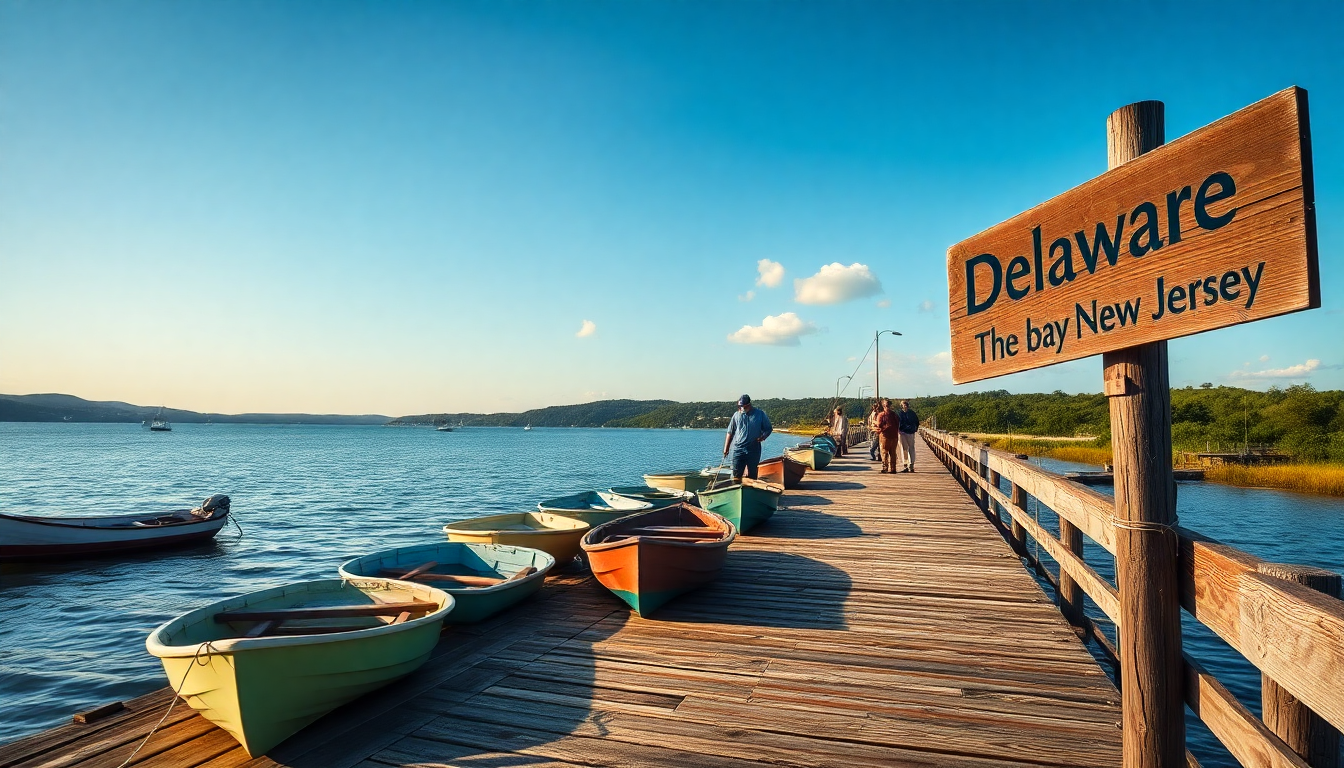Table of Contents
Recently, the political landscape has been shaken up by an intriguing movement: lawmakers are pushing to rename some significant bodies of water across the United States. But what’s driving this trend? It reflects a broader reevaluation of geographical names, seen through the lenses of local pride and political identity. A standout example is New Jersey Republican Senator Michael Testa’s proposal to rename Delaware Bay to “The Bay of New Jersey.” This idea was partly inspired by former President Donald Trump’s earlier move to rebrand the Gulf of Mexico as the Gulf of America. But what does this really mean for local communities?
Political Context and Local Identity
Testa’s proposal is a clear signal of a growing sentiment among some lawmakers who want to assert their local identity against what they see as external claims. He argues that the name should reflect New Jersey’s rich fishing industry, emphasizing that it aligns with the state’s economic interests and cultural heritage. As he put it, “I think that the fact that we have to call the bay that we fish in the Delaware Bay – they’ve had a claim to that long enough.” Can you feel the frustration behind those words? Many locals share this sentiment, believing that regional names often ignore their contributions and unique identities.
Historically, the name Delaware Bay dates back to 1610, credited to Thomas West, the third baron de la Warr, who governed the Virginia colony. Isn’t it fascinating how a name can carry so much history? This raises questions about how historical claims play into today’s political agendas. Testa’s push for a new name is not just about a title; it’s a spotlight on the ongoing debate about how geographical names can reflect political dynamics and foster local pride.
National Implications of Local Naming Decisions
This local legislative initiative isn’t happening in a vacuum. It ties into a larger national narrative sparked by Trump’s order to rename the northern Gulf of Mexico as the Gulf of America. This directive has already led to legal challenges, including a lawsuit from Mexico against the name change. And U.S. House Republicans are now working to formalize this shift with the Gulf of America Act. Isn’t it interesting how these national moves can influence local decisions, as seen in New Jersey where Testa’s proposal mirrors Trump’s rhetoric on reclaiming identity?
Other states are chiming in too. For instance, Connecticut Governor Ned Lamont jokingly suggested renaming Long Island Sound to the “Connecticut Sound” in light of these shifts. This playful banter highlights how local leaders are maneuvering through a complex political landscape, often using humor to tackle serious issues. Could this be a clever strategy to engage citizens while making a point?
Future Considerations and Broader Trends
The implications of renaming geographical features go beyond just words; they can impact tourism, commerce, and local identity. As lawmakers like Testa advocate for these changes, they’re not just reshaping public perception but also trying to take control over local narratives. In today’s world, where identity and politics intersect more than ever, renaming can serve as both a statement of local pride and a reflection of evolving political landscapes.
As communities dive into these discussions, it’s vital to weigh the historical significance of these names against the potential consequences of such legislative changes. Will new names foster a stronger sense of belonging, or will they deepen existing divides based on historical narratives? Only time will reveal the answers, but one thing’s for sure: the conversation around geographical names is just beginning.


